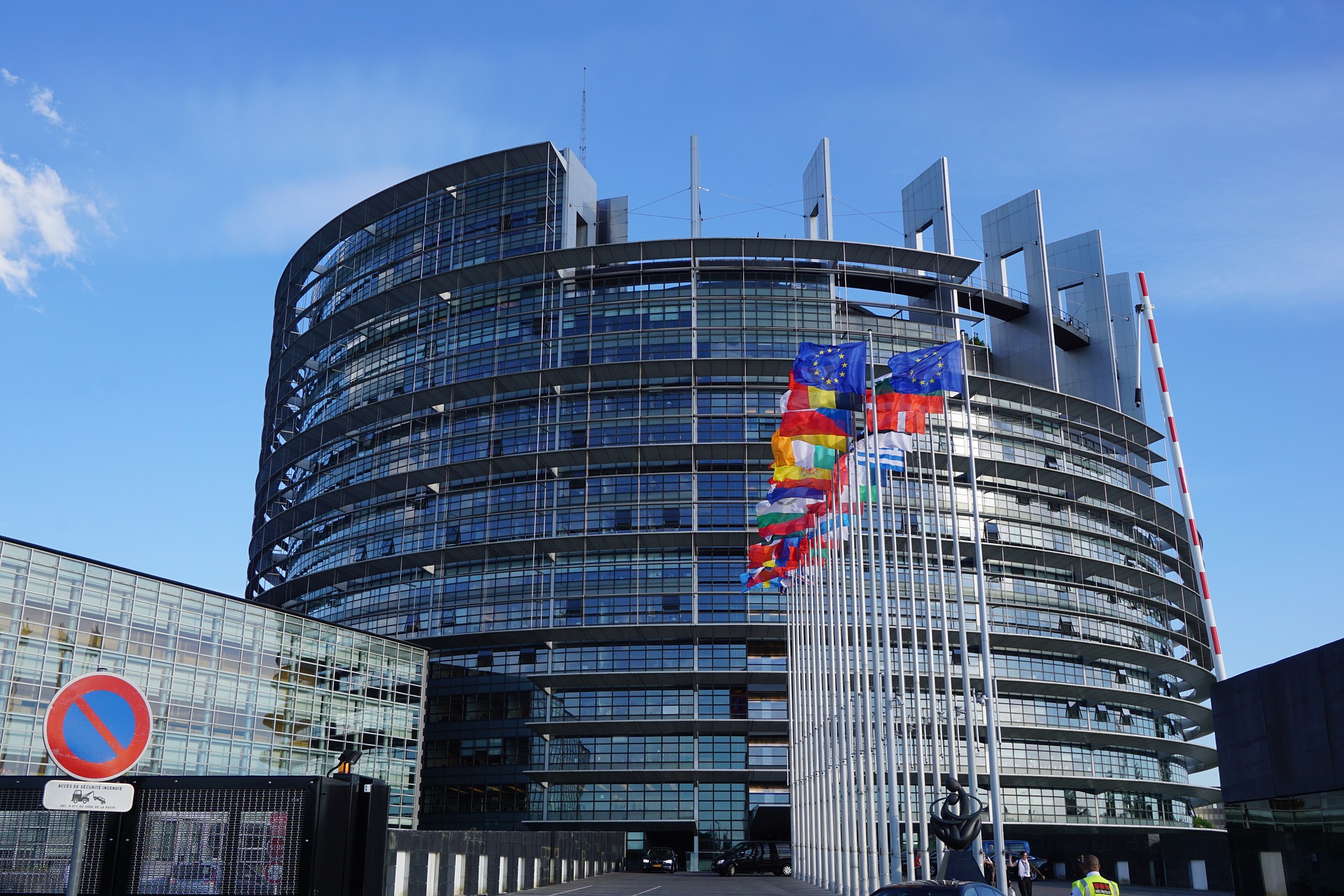ACT looks to the European Media Freedom Act as a means to balance rights & responsibilities

Download the document
BRUSSELS, 16 SEPTEMBER 2022. ACT supports the European Commission’s desire to uphold EU media pluralism, independence and sustainability. The publication of the European Media Freedom Act (EMFA) can be an important milestone in devising a new social contract between media and government, in an increasingly digital environment. Thus, ensuring a healthy media ecosystem to promote a vibrant democracy (and combat abusive government practices[1]) and a sustainable economic outlook. This is shared by broadcasters and VoD providers throughout Europe[2].
ACT members are transparent about their ownership, structure and funding and hold themselves to the highest journalistic and governance standards. Editorial independence and integrity are engrained in our members’ internal policies and often mandated by law. Accountability is part of our DNA and we therefore embrace the inclusion of these elements in the EMFA.
A proper social contract for media requires a balance between rights and duties. Undue procedures, applied solely to media companies, are likely to fall short as they ignore the impact of video sharing platforms (VSPs) and more generally very large online platforms (VLOPs)[3] on media pluralism. There is also a risk of impacting existing competition frameworks, thereby preventing legitimate consolidation in order to better compete with tech giants. Further, whilst encouraging self-regulation is commendable, specifying in detailed law new additional procedures on how media companies should operate is not necessary for commercial broadcasters. This should be left to media companies themselves, or independent regulators, but definitely not delegated to legislators in an ambiguous manner. We will follow deliberations on this point with caution. Finally, provisions on issues such as audience measurement will need to be properly scoped. All that is really needed in this space is transparency on VSPs and VLOPs. The focus of the legislative debate ahead will therefore be on properly addressing the issues identified above.
Ultimately what is really needed for media freedom is a commitment from the European Union to a liberalisation agenda rather than yet another layer of rules for an already highly regulated sector. For far too long audiovisual media companies have been treated as mere targets of overregulation, undermining their sustainability and important democratic role. The EMFA should therefore strive to limit regulatory asymmetries and outdated regulatory constraints and bring about a more coherent and balanced media space. For instance, detailed and inflexible AVMS rules on commercial communication, levies, and quotas, impact our ability to compete and fund original European news and entertainment in competition with video sharing platforms and social networks, which do not invest in content[4].
Therefore, we urge caution with regards to restrictions that impede a well functioning market for commercial broadcasting, which above all should be further encouraged. In this regard, ACT would welcome a framework aimed at fostering checks and balances in all Member States, while promoting and strengthening European media growth and consolidation. National measures restricting media companies freedom should always be adequate, objectively justified, transparent, non-discriminatory, and proportionate.
—END—
[1] https://www.acte.be/publication/hungary-broadcasting-associations-across-europe-express-dismay-at-anti-lgbtiq-bill-urge-european-commission-to-open-infringement-proceedings/ ; https://www.acte.be/publication/act-statement-before-the-senate-of-poland-on-a-draft-law-targeting-media-freedom/
[2] https://www.acte.be/publication/media-freedom-day-media-freedom-act-what-freedom-looks-like-to-europes-media/
[3] Within the meaning of the AVMSD and DSA respectively
[4] https://www.acte.be/publication/act-position-paper-on-the-european-media-freedom-act/

